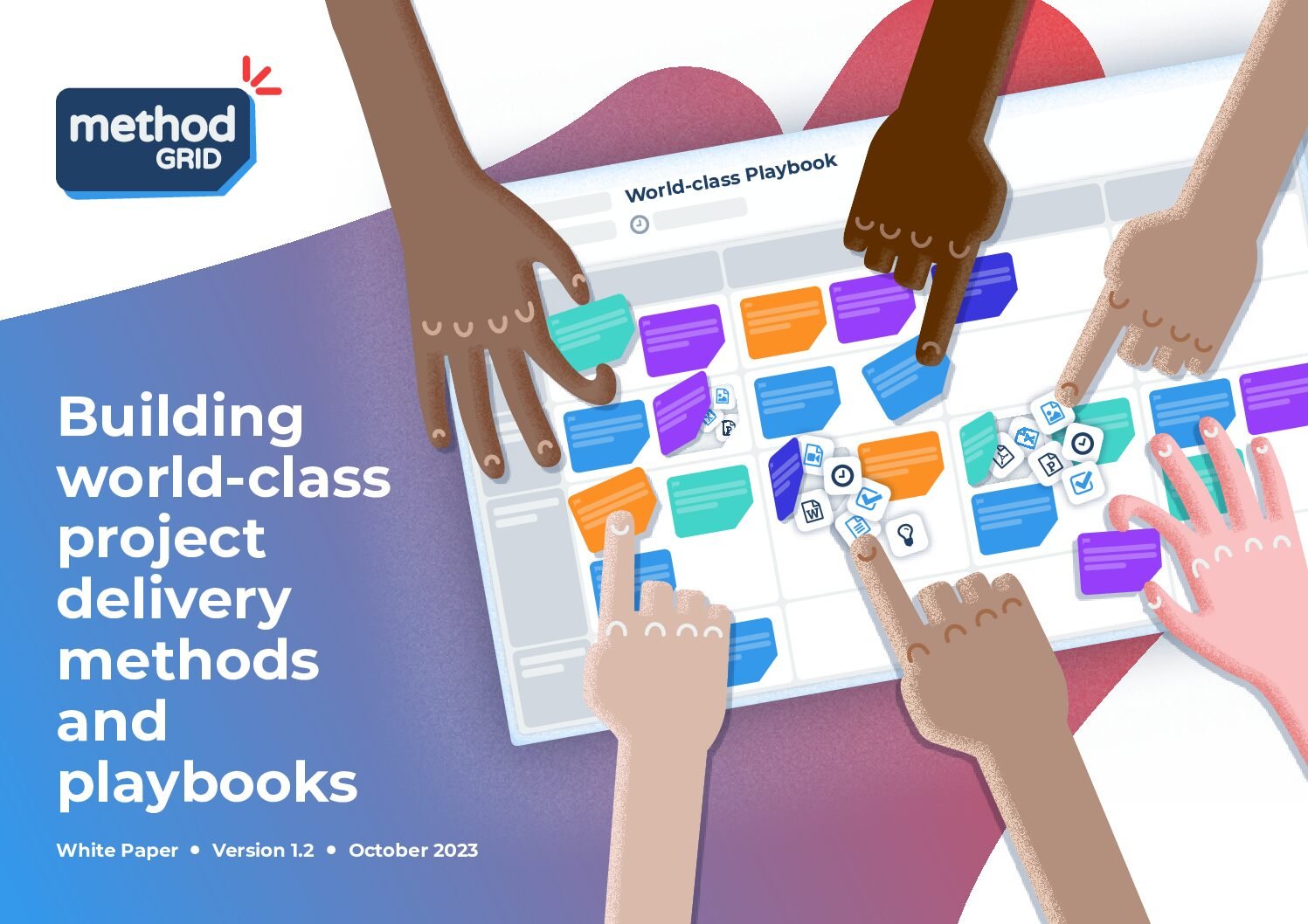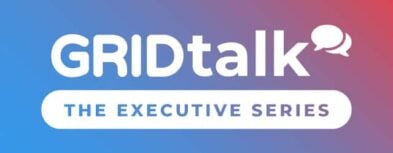For decades, organisations have heavily invested in codifying complex processes into static content such as PDFs, PowerPoint presentations, and SharePoint sites. These resources, which vary significantly in depth and breadth, are meticulously designed to impress and align with the brand, boosting staff consistency, productivity, and efficiency.
However, despite months of diligent effort, many organisations fall victim to what could be termed a ‘static content hangover’ or even a ‘playbook graveyard.’ They often lament, ‘We have a fantastic asset, but people ignore it or complain that it doesn’t quite suit their needs.’ Within six months, these resources frequently become just another overlooked piece of static knowledge – gathering dust.
The investment in some playbooks can rival the cost of a five-bedroom house in North London, while others erroneously assume that 20 slides are enough to guide employees through complex processes. Just as it would be unreasonable to expect an engineer to operate new machinery with just a few notes, it is equally unrealistic to expect project professionals and knowledge workers to excel in this setup.
If you are about to embark on a new internal playbook project or are developing a proposal to assist a client in creating a playbook, please take five minutes to consider an alternative approach. This strategy not only aids in the development of the playbook but also effectively addresses the challenges of adoption and compliance.
Summary
In various sectors such as project management, procurement, construction, business development, and HR, professionals are overwhelmed with numerous playbooks and resources designed to help teams navigate complex processes. However, these efforts often overlook a crucial reality: when knowledge is decoupled from actual delivery, challenges arise. Employees may lack time, struggle to locate necessary information, and generally seek the path of least resistance, leading to minimal use of these resources.
The underlying rule is that if a playbook is not actively used, it will not improve and will quickly be relegated to gathering dust on a shelf. While these unused playbooks might impress prospective clients and new hires, the reality is that both compliance and adoption rates are disappointingly low.
Compliance is the universal challenge.
What is a Playbook?
A playbook can be defined as a collection of strategies or methods that guide individuals or organisations on how to address specific situations or tasks effectively. It comprises best practices, procedures, and standardised actions aimed at ensuring consistent and efficient outcomes.
Example: Project Delivery Playbook
A project delivery playbook is a comprehensive set of guidelines, processes, and best practices tailored to assist project teams in initiating, planning, executing, controlling, and closing projects successfully. It acts as a crucial reference tool, ensuring that projects adhere to company standards, strategies, and objectives, thereby fostering consistent success across multiple projects.
By referring to a playbook, teams can rapidly comprehend their roles, identify key milestones, find solutions to common challenges, and maintain quality and efficiency throughout the project lifecycle.
Method Grid – Digital Playbook Platform
At Method Grid, our vision is to provide a platform that enables organisations to develop their own digital playbooks. These playbooks assist teams in navigating complex processes efficiently. We achieve this integration by combining knowledge management, project, and task management into a single, unified platform. This means that playbooks are not just documents but are active elements of the delivery and quality assurance processes.
This integration significantly enhances teams’ ability to access necessary information precisely when it’s needed and to tailor playbooks to meet the dynamic requirements of complex processes. This adaptability encourages a culture of continuous improvement, as playbooks evolve and improve based on hands-on delivery experiences.
The Digital Playbook
The concept of digital playbooks, while popular in project management, extends its utility far across other domains. Digital playbooks are robust tools in any area where knowledge-based processes meet diverse scenarios or stakeholder needs. Consider the business playbook as a dynamic library, aiding staff in navigating complex scenarios—not merely documenting procedures but creating a flexible framework that can be adapted to specific situations. This adaptability renders playbooks invaluable across various business facets.
For example, in procurement, a playbook could guide sourcing strategies, vendor negotiations, and contract management, allowing for adjustments based on specific products, services, and market conditions. In the intricate world of mergers and acquisitions, playbooks can provide foundational steps while offering alternative routes depending on the nature and size of the entities involved.
Similarly, when setting business strategies or drafting operational plans, a playbook can serve as a structured template. It ensures all essential elements are considered but remains flexible enough to be tailored to unique business contexts and objectives.
Digital Playbooks also revolutionise processes like staff induction and onboarding. Rather than a one-size-fits-all approach, they enable HR and managers to create customised experiences based on roles, departments, or individual needs.
Conclusion
In summary, wherever there is a blend of established knowledge and the need for adaptability, digital playbooks emerge as the preferred tool. They encapsulate best practices while providing the flexibility necessary for ensuring efficiency and relevance in every operation.
Our only request is that if you are about to embark on developing a new playbook, consider solutions that not only focus on creating a substantial knowledge asset but also enhance compliance, adoption, and continuous improvement.
Our recent white paper on building world-class project delivery methods and playbooks is an invaluable resource for anyone considering the playbook journey—whether static or dynamic. We strongly recommend the latter approach to truly create a transformative asset for your business.
Access the Building World-Class Project Delivery Methods and Playbooks White Paper
Enter your email below to access this free White Paper.















